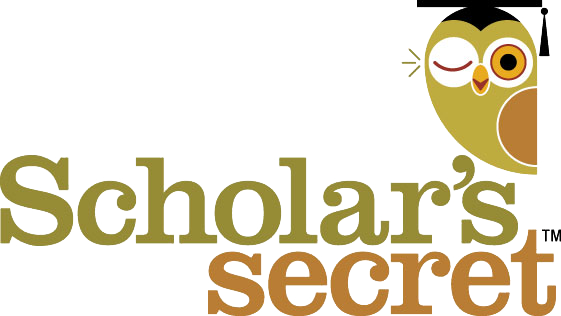Libraries became way cool this summer – and librarians everywhere couldn’t have been more excited! First, the towel-clad guy from Old Spice purred, “Libraries are filled with books, and books are often composed of many, many words.” Then Brigham Young University’s New Spice Guy declared, “Anything is possible when you’re in the library!”
All this attention prompted NPR‘s Linda Holmes to predict that libraries might very well be on the cusp of the next big pop-culture wave. “Librarians know stuff,” she reminded us.
Well, yes, actually, we do. In grad school, we learned about building databases and Boolean logic, digitizing documents and designing websites. We (re-) discovered the value of descriptors and subject headings and gained new appreciation for catalogs and records. All this prodigious* knowledge helps us quickly find the stuff we don’t know. But along the way, we also acquired a strange new language**. And yes, we are often guilty of slinging that lingo with little regard for its comprehensibility.
So when New Spice boasts that his laptop gives him “access to bucket-loads of library databases,” librarians swell with pride. But students’ eyes glaze over. “Why do I need to access a database? And which one should I choose?” Even college professors have difficulty explaining why and how to use the latest search tools.
Whether we’re working with students 1:1 or in the classroom, Scholar’s Secret answers these “what, why, and how” questions – in plain English. Upcoming research challenge? Keep your cool… contact us anytime!
* i.e. “wonderful” (from “The Highly Selective Thesaurus for the Extraordinarily Literate,” by Eugene Ehrlich)
** Library Lingo, a language so mysterious, library users often need a glossary to understand it.

